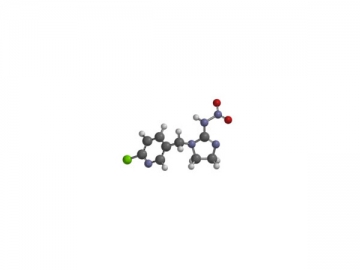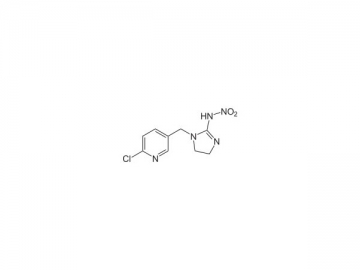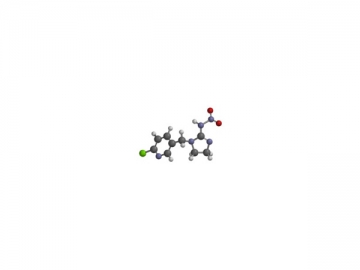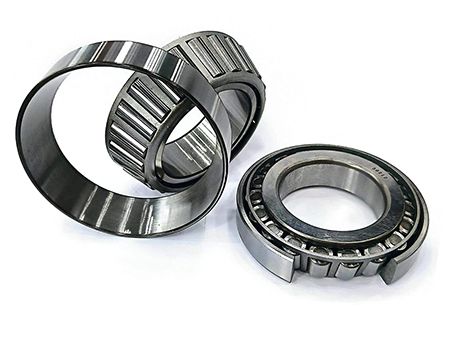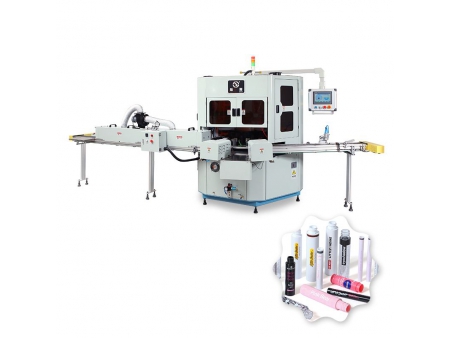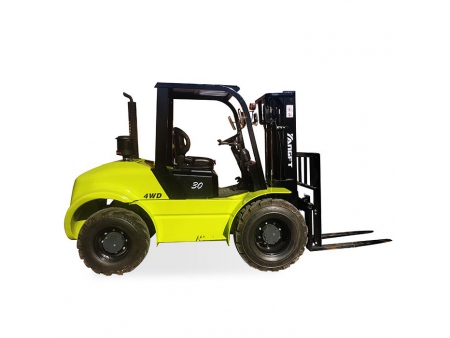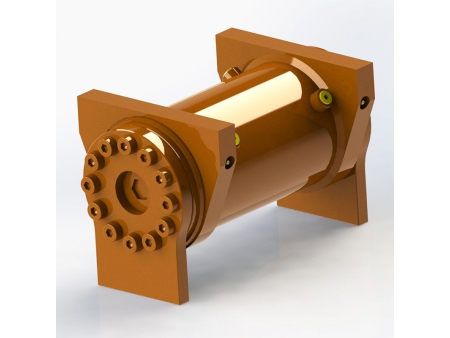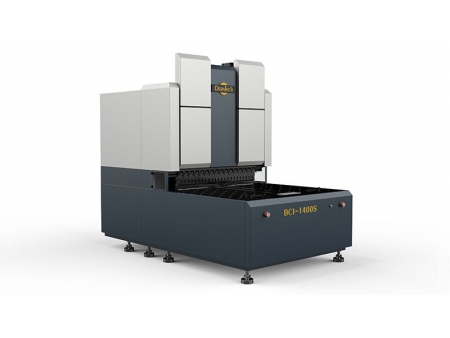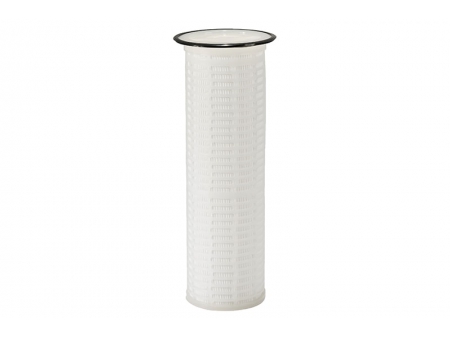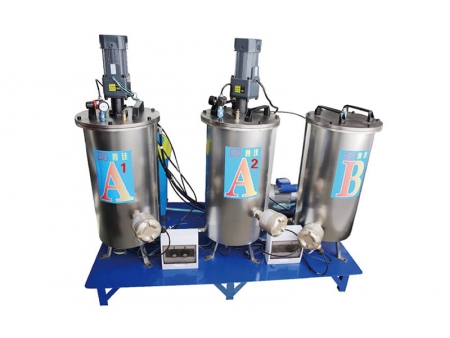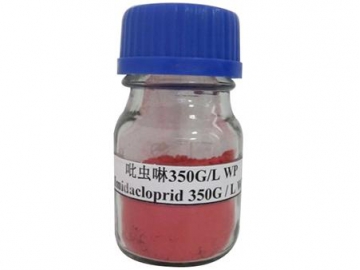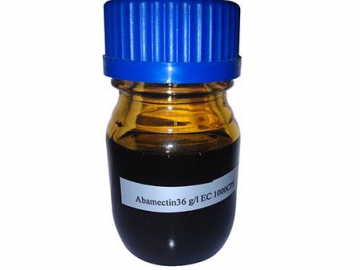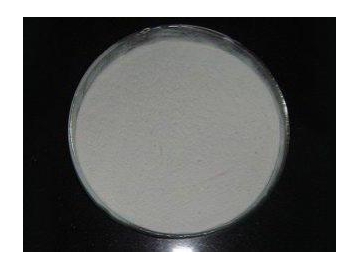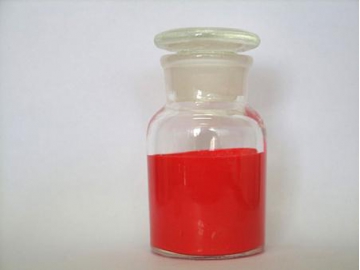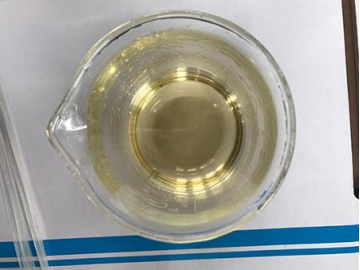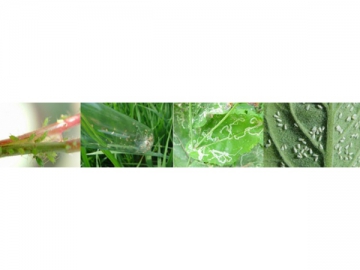Imidacloprid
1. Imidacloprid is a systemic, chloronicotinyl insecticide with soil, seed and foliar uses for the control of sucking insects including rice hoppers, aphids, thrips, whiteflies, termites, turf insects, soil insects and some beetles.
2. This product is most commonly used on rice, cereal, maize, potatoes, vegetables, sugar beets, fruit, cotton, hops and turf. It is especially systemic when used as a seed or soil treatment.
3. The agricultural chemical works by interfering with the transmission of stimuli in the insect nervous system. Specifically, it causes a blockage in a type of neuronal pathway that is more abundant in insects than in warm-blooded animals. Then, the chemical is made selectively more toxic to insects than warm-blooded animals. This blockage leads to the accumulation of acetylcholine, an important neurotransmitter, resulting in the insect's paralysis, and eventually death. It is effective on contact and via stomach action.
4. Imidacloprid-based insecticide formulations are available as dustable powder, granule, seed dressing (flowable slurry concentrate), soluble concentrate, suspension concentrate, and wettable powder.
5. Typical application rates range from 0.05 - 0.125 pounds/acre. These application rates are considerably lower than traditionally used insecticides.
6. Imidacloprid can be phytotoxic if it is not used in accordance with manufacturer's specifications. It has been shown to be compatible with fungicides when used as a seed treatment to control insect pests.
Applications
1. Imidacloprid is ideal for control of sucking insects, including rice-, leaf- and plant-hoppers, aphids, thrips and whitefly.
2. It is also effective against soil insects, termites and some species of biting insects, such as rice water weevil and Colorado beetle.
3. This product has no effect on nematodes and spider mites.
4. It can be used as a seed dressing, as soil treatment and as foliar treatment in different crops, e.g. rice, cotton, cereals, maize, sugar beet, potatoes, vegetables, citrus fruit, pome fruit and stone fruit.
5. Imidacloprid is applied at 25-100g/ha for foliar application. Other application rates are 50-175g/100kg seed for most seed treatments, and 350-700g/100kg cotton seed.
6. In addition, this product is used to controls fleas in dogs and cats.
Properties| CAS No. | 138261-41-3 |
| Molecular Formula | C9H10ClN5O2 |
| Molar Mass | 255.661g/mol |
| Appearance | Colorless crystals |
| Density | 1.543 at 20℃ |
| Melting Point | 136.4-143.8℃ |
| Boiling Point | 442.3℃ at 760mmHg |
| Solubility in Water | 0.51g/L at 20℃ |
| Solubility in Other Solvents | In dichloromethane 55, isopropanol 1.2, toluene 0.68, n-hexane < 0.1 (all in g/l, 20℃) |
| Stability | Stable to hydrolysis at pH 5-11 |

